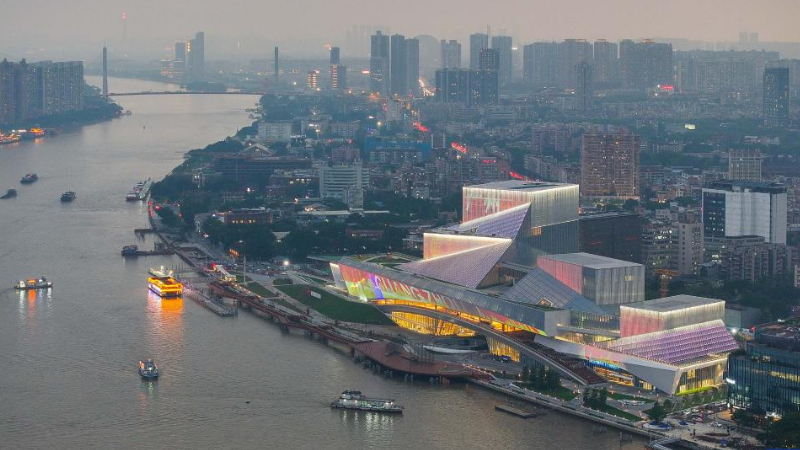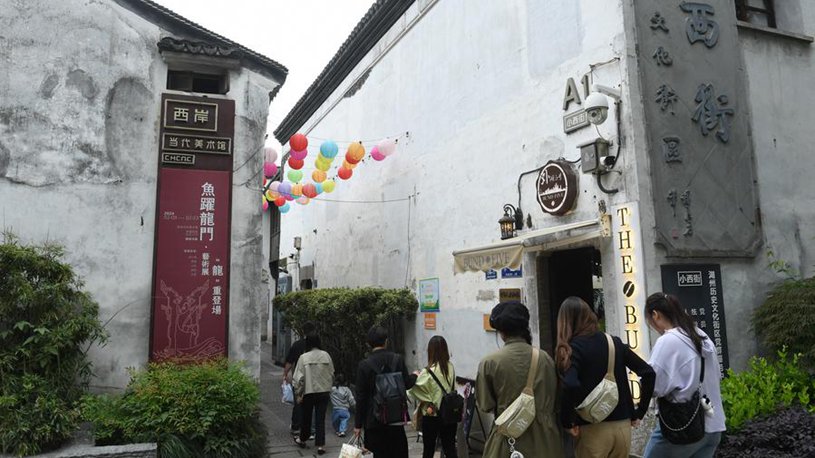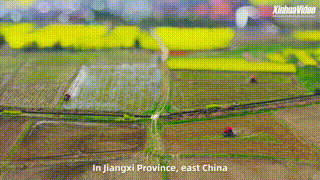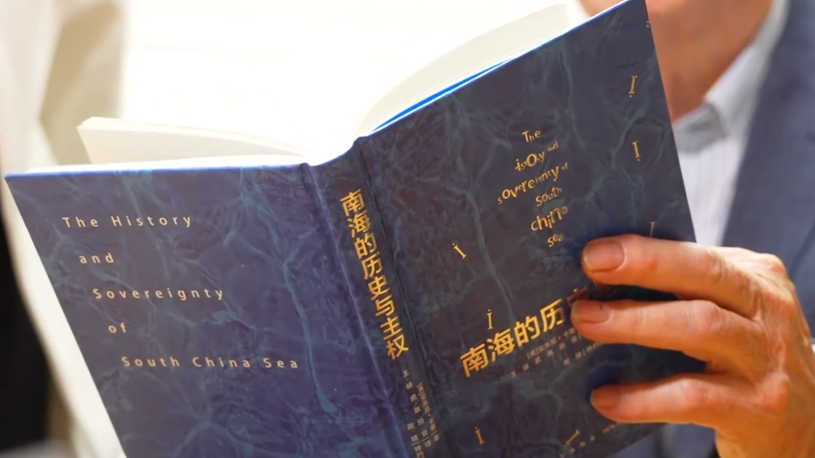"The fact that buyers still desire Chinese electric vehicles (EVs) suggests that the global market is not saturated yet and the assertion of overcapacity in China may be misplaced," said a UN senior official.
HARARE, April 29 (Xinhua) -- The allegation of overcapacity in China's green industries by the United States is misplaced, a senior official from the United Nations Economic Commission for Africa (UNECA) has said.
"The fact that buyers still desire Chinese electric vehicles (EVs) suggests that the global market is not saturated yet and the assertion of overcapacity in China may be misplaced," Eunice Kamwendo, director of the UNECA Sub-Regional Office for Southern Africa, told Xinhua in a recent interview.
She made the remarks in response to assertions of "overcapacity" in China's flourishing green industries made by U.S. Treasury Secretary Janet Yellen during her recent visit to China.
Instead of blaming China for "industrial overcapacity," the United States must play to global trade rules, Kamwendo said in her e-mailed response to Xinhua from Zambia where the UNECA Sub-Regional Office for Southern Africa is located.
Chinese manufacturers "appear to have gotten a headstart, not least because of the aggressive investments made in their domestic market starting in 2009 and 2010, when many other countries were slow to develop their EV industries," she said.
China's competitiveness in its green industries' productive capacities had resulted in its EVs priced relative to their production costs, taking advantage of the increasing appetite for EVs globally, Kamwendo said.
Noting that European Union countries, in particular, are accelerating the transition to EVs at a cheaper price, Kamwendo said China has been able to meet this demand and fill the gap.
"Undoubtedly, the United States would like a share of the lucrative EU EV market. It needs to compete," Kamwendo said.
The UN official added that the rising global demand for Chinese EVs suggests that global supply is still insufficient, and instead of complaining, the United States should beef up its game to effectively compete.
Kamwendo said industrial capacity of any goods, including green energy products, fluctuates throughout the production cycle over time.
"If productive capacity is between zero and 100, and a firm stands at 80 percent in April but the domestic economy can only absorb 50 percent, companies will seek to export the remainder capacity into the global market. This is trade," she noted.
"Does that make the practice overcapacity? In economic terms, no," Kamwendo said.
She said China is a powerhouse with quick, cheap industrial capacity, which is very competitive, with a cost-effective supply chain which allows it to lead in global EV sales.
"Indeed, China's experimentation in adjacent industries, innovative technological solutions and proximity to green mineral supplies, has enabled it to leapfrog competition," Kamwendo said. ■












